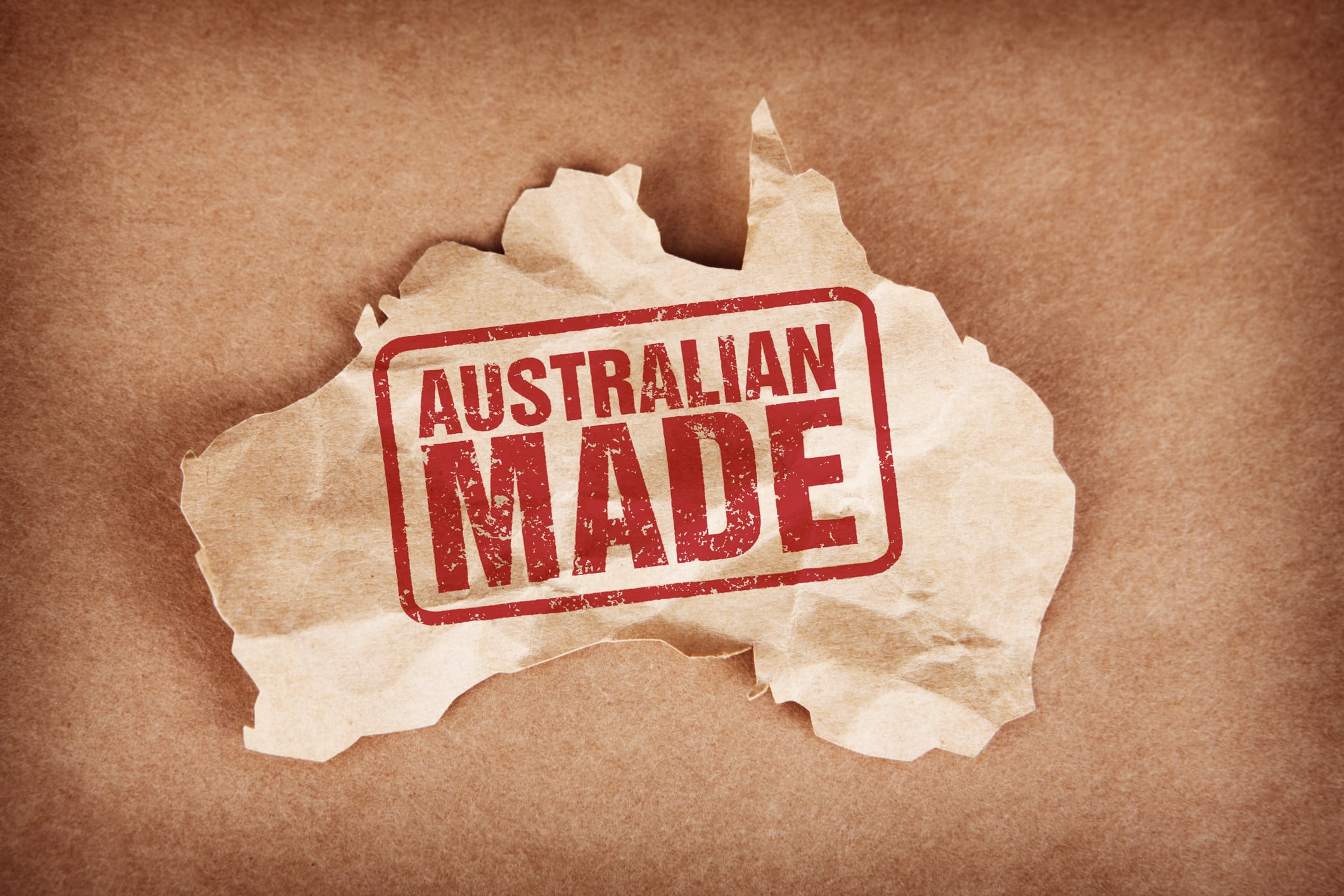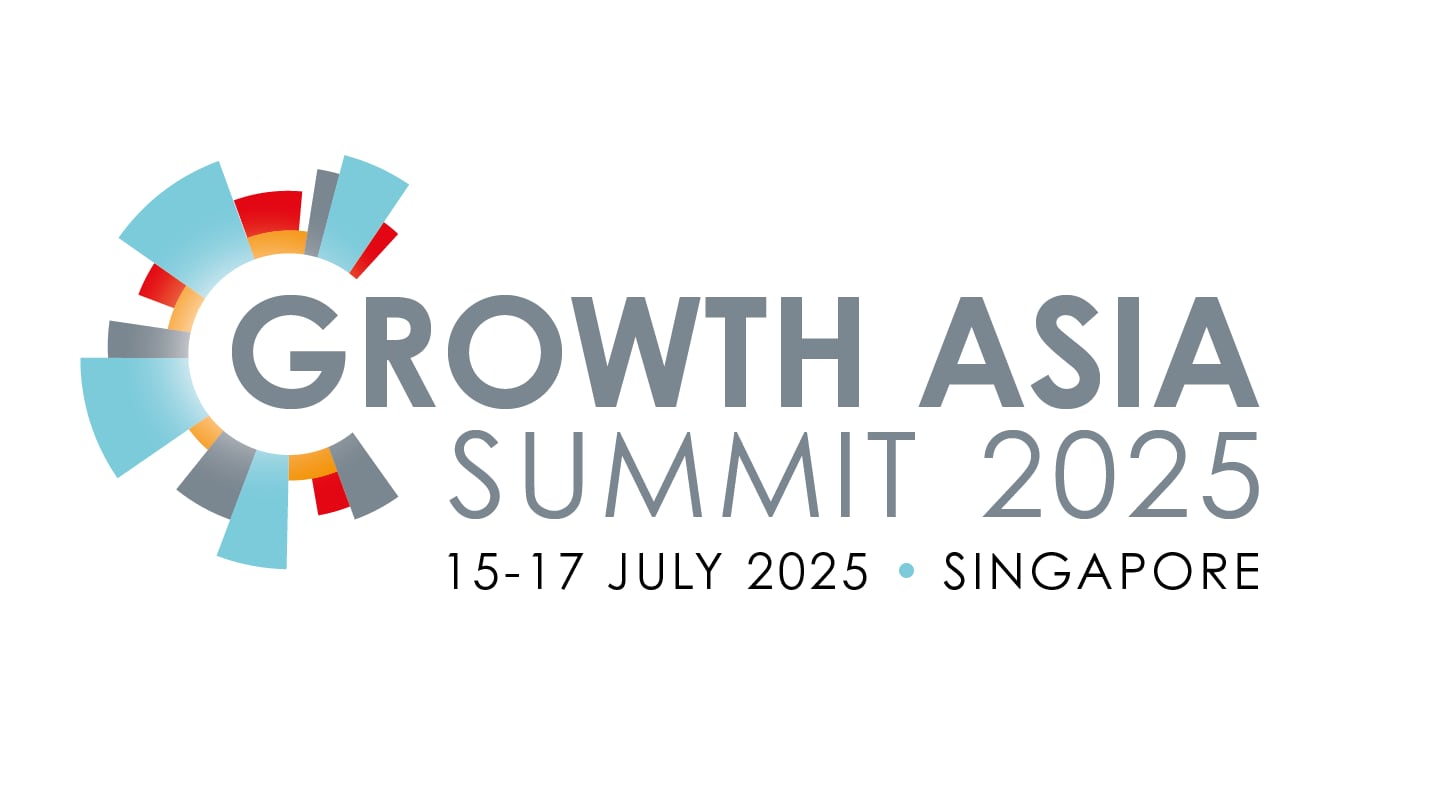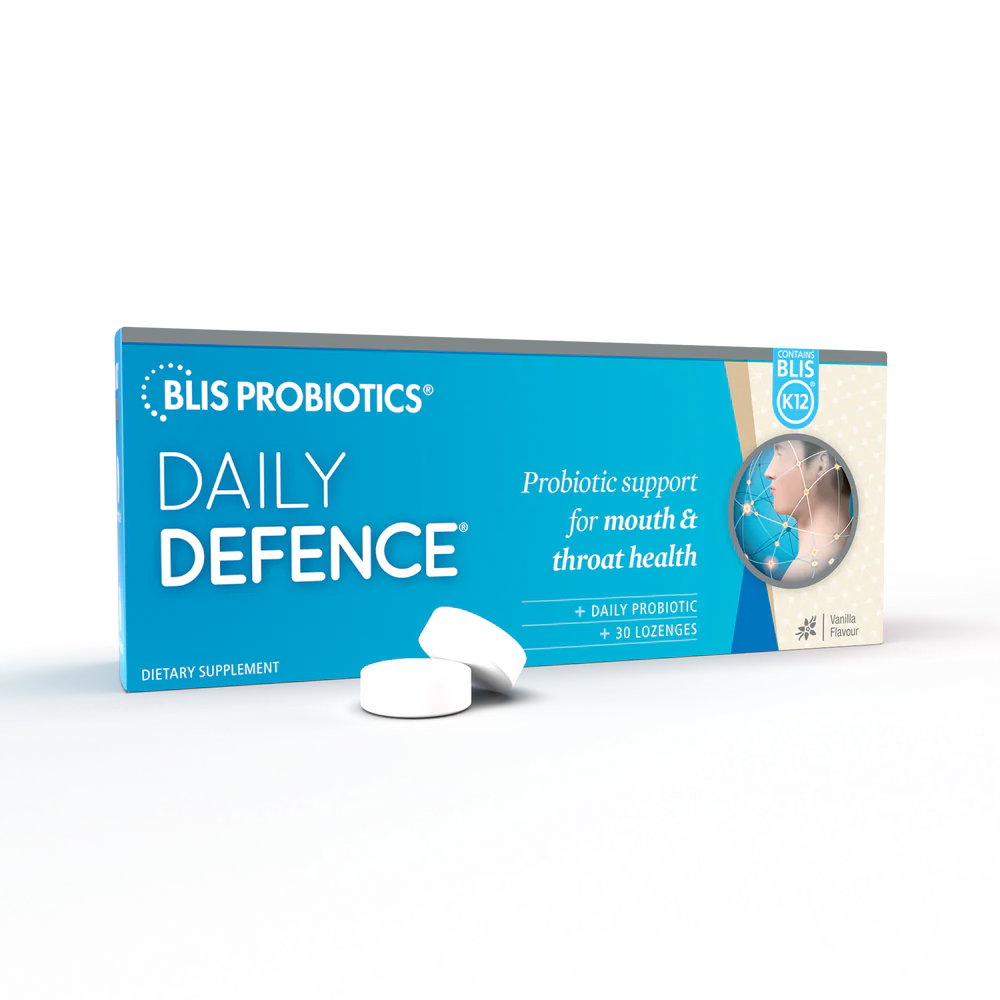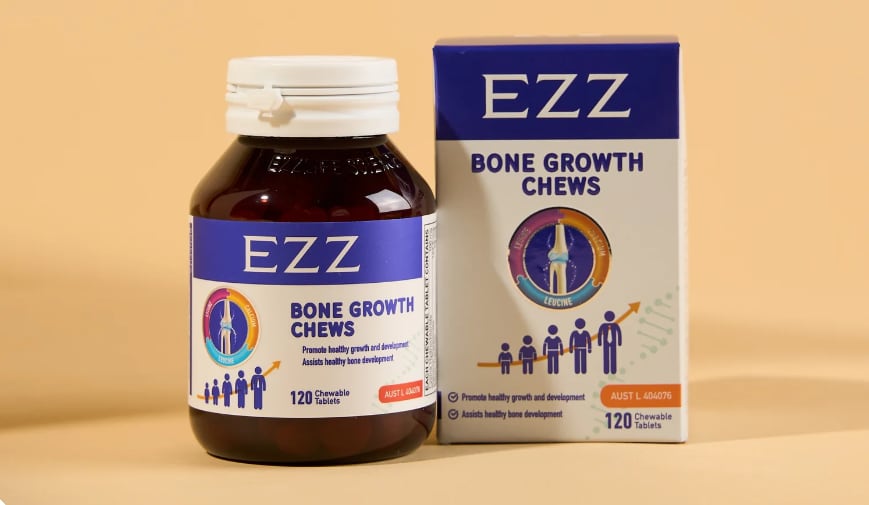Australian nutraceutical manufacturers have seen a spike in interest after Trump’s “Liberation Day” tariff announcement on April 2.
As of July 9, the Trump Administration introduced a new wave of tariffs on 14 countries, including Japan, South Korea, Malaysia which would face 25% tariffs on imports to the US starting from August 1.
Other countries affected include Kazakhstan, Laos, Myanmar, Indonesia, and Thailand.
The US’s latest round of tariffs on China is not yet released, but the two countries were said to agreed on a trade framework after talks in May.
NutraIngredients spoke with a number of companies, including Specialty Probiotics Australia founded by Life-Space’s former owner Craig Silbery, OEM manufacturer Star Combo, and Complementary Medicines Australia to find out more about the impact of trade uncertainties.
For some of the Australian nutraceutical manufacturers, the surge in enquiries came in immediately after April’s “Liberation Day” announcement, while others saw interest picking up a few weeks later.
These enquiries have come from Chinese companies manufacturing their products in the US and selling them back to the China market.
Others include multi-nationals that manufacture in the US for the international markets.
Trade uncertainty
“We are seeing enormous opportunity at the moment following the announcements of tariffs from America,” John O’Doherty, CEO at Complementary Medicines Australia (CMA) told NI.
“In fact, immediately after the announcement earlier this year, we saw a spike in demand from Chinese companies approaching Australian companies, not just for Australian products and brands, but also for Australian manufacturing.
“There are a number of Australian manufacturers that have been approached by Chinese companies that are looking to move their manufacturing from America to Australia in order to avoid some of those tariffs,” he said.
These Chinese companies have been manufacturing their products in the US and selling them back to China as “Made in America” is held in high regard among Chinese consumers.
In fact, the US was the largest nutraceutical exporter to China last year, ahead of Germany and Australia which ranked second and third.
However, trade uncertainty with the US has led companies to look for alternatives with equally strong reputation for nutraceutical manufacturing, said O’Doherty.
TGA GMPs
Said to be one of the strictest regulators, Australia’s Therapeutic Goods Administration (TGA) regulates dietary supplements as complementary medicines or non-prescription medicines.
Such products must be manufactured in a licensed or approved facility according to good manufacturing practice (GMP) principles, according to the TGA.
“Definitely there are a lot of talks around that capability shifting from US manufacturers to Australian manufacturers,” said Su Zhang, CEO of Sydney-based nutraceutical manufacturing firm Star Combo Pharma.
“The rationale for that, I think, in particularly for Asia is in relation to logistics and transfers between the US versus Australia is very much on par.
“In terms of the vitamins and the supplements, I think Australia would probably be the closest ones to be able to replace us goods in Asia if need be,” she added.
Australia’s largest nutraceutical export market is China, followed by Vietnam.
Exports to China hit AUD$1 billion (US$650m) last year, continuing an upward trend, said O’Doherty.
Consumer demand from China spanned across various categories, but there is growing interest in healthy ageing.
“We are seeing growth across all categories, but in particular, there’s a real focus on healthy ageing and longevity, and products that would support that, such as fish oil, coQ10, magnesium, and calcium.”
Watch the following video as O’Doherty tells us more during the recent HI-FI Asia-China held in Shanghai on June 24 - 26.
Interest from MNCs too
On the other hand, Silbery, who founded Specialty Probiotics Australia last year, said that it was not only China companies that have approached his firm.
His company also received queries from multinationals that are manufacturing products in the US for global markets.
About 80% of his business is coming from local Australian brands - either manufacturing probiotics for these brands or providing probiotic ingredient blends to contract manufacturers.
The remaining 20% comes from international brands, with his company manufacturing products or blending and repackaging ingredients for them. However, a few weeks since Trump’s tariff announcement, enquiries from overseas have spiked.
“It’s across the board actually and some of these are big brands that are selling globally and they’re concerned about how future policies might look like.
“A theme that I’ve been hearing is a lack of confidence in the government policies and predictability.
“These companies crave consistency and they want to know what their business is going to look like in six months’ time, as opposed to being uncertain about that,” he said.
Zhang held the same view, emphasizing how uncertainties in trade relations could affect companies’ pricing strategy.
Aside from TGA’s stringent control, Australia’s free trade agreements (FTAs) also stand it in good stead as a nutraceutical manufacturing hub, added Silbery.
“We also know that Australia has free trade agreements with many countries across the globe and the tariff back into the US from Australia is only [the baseline] 10% for these products presently.
“We also have well-established supply chains and can access ingredients from all around the globe as well, so it’s very attractive at the moment for US-based companies in my opinion and we’re hearing that with many companies contacting us,” he said.
His company, for instance, has invested in automated packaging to help make it more cost-effective as compared to both local and overseas competitors.
Another example is investing in large capacity machinery which he said could produce double the number of stick sachets as at one go as compared to the usual rate produced in Australia.
“We can produce hundreds of thousands of stick sachets per day. It’s a fully automized piece of equipment, so sachets are automatically packed into unit cartoons. Because we can produce many sachets per day in a shift, our cost per box is low compared to other producers.
“The customized equipment also have special heating plates so that heat is not transferred to the probiotics to avoid any degradation of the probiotic, which has to be overcome by putting more probiotic, but we can achieve lower overages with more delicate and probiotic-friendly production lines.”
Take note of different regulations
While interest is growing, Su pointed out that shifting operations from country to country would not be as straightforward as it seems.
One of the reasons is the need to comply with a different set of regulations.
“Our enquiries have definitely increased in the past couple months. However, the transition I think, is going to take a little bit of a time because in terms of the US regulations versus the Australian TGA standards, they’re fairly different,” she said.
“For example, we’ve got clients asking for different things. We find that their ratios, specifications, their product lines, their dosage forms compared to what we are seeing from Australian standards, there is that dissimilarity.
“Having said that, we need to put into consideration the reliability and the stability in the trading environment. The Asia-Pacific environment is a lot more steady and closely-knitted than the current US-China tension.”
Silbery echoed, highlighting how shifting operations is a significant move and not a process that companies would take lightly - especially when it comes to ensuring the consistent and quality of products.
“it’s quite significant processes to move their business, so it’s not something that they would do lightly. I would say it’ll be a handful of of large customers as well as others that are maybe smaller but, we’re very happy to take that business on.
“In the probiotics industry and dietary supplements industry, there’s products that’s currently made in parts of the world cheaply, but there’s a question mark over quality.
“What we’re hearing is that a lot companies are reviewing and deciding that they’re seeking safety, quality, and consistency, so Australia’s very attractive in their eyes.”





